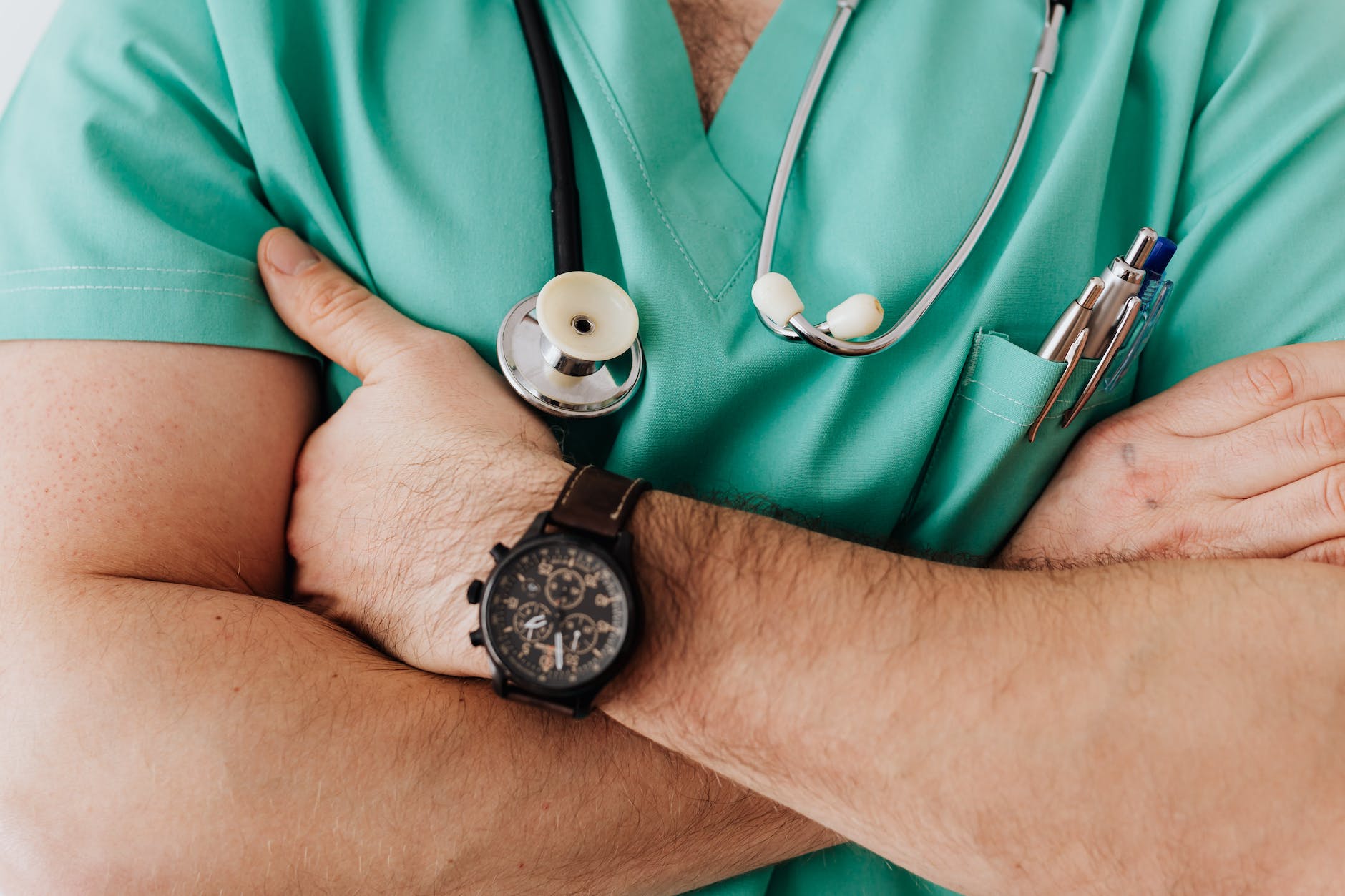I’m not a medical professional, but I have suffered from a stroke and can understand what it takes to recover from one, and I can offer you some general tips that people often consider when recovering from a stroke. It’s important to work closely with your healthcare team, including doctors, nurses, therapists, and specialists, to create a personalized recovery plan.
Here are some suggestions that I feel could be helpful for you:
1. Follow Medical Advice: Always adhere to your healthcare provider’s instructions and recommendations. Take medications as prescribed and attend all follow-up appointments.
2. Physical Therapy: Physical therapy can help you regain strength, balance, and mobility. It may involve exercises and activities designed to improve your physical abilities and reduce muscle stiffness.
3. Occupational Therapy: Occupational therapy focuses on helping you regain the skills needed for daily activities such as dressing, cooking, and bathing. Therapists may provide strategies and adaptive tools to make these tasks easier.
4. Speech Therapy: If the stroke affected your speech or swallowing abilities, a speech-language pathologist can help you regain or improve these functions.
5. Healthy Diet: A balanced and nutritious diet can support your recovery. Consult a dietitian for guidance on foods that promote brain health and aid in recovery.
6.Stay Active: Engaging in regular physical activity, as advised by your healthcare provider, can help improve your cardiovascular health, strength, and overall well-being.
7.Manage Risk Factors: Address underlying risk factors that contributed to the stroke, such as high blood pressure, diabetes, and high cholesterol. Medication, lifestyle changes, and regular check-ups can help manage these risks.
8. Emotional Support: Stroke recovery can be emotionally challenging. Seek support from family, friends, support groups, or mental health professionals to cope with any feelings of depression, anxiety, or frustration.
9. Set Realistic Goals: Work with your healthcare team to set achievable goals for your recovery. Celebrate your progress, no matter how small.
10. Adapt and Innovate: Depending on the effects of the stroke, you might need to find new ways to perform tasks or pursue activities you enjoy. Adaptation and innovation can make life easier and more fulfilling.
11. Stay Hydrated and Rest: Proper hydration and sufficient rest are essential for recovery. Aim for good sleep quality and listen to your body’s signals for rest.
12. Avoid Stress: Chronic stress can negatively impact recovery. Engage in relaxation techniques, such as deep breathing, meditation, or yoga, to help manage stress.
13. Supportive Environment: Make your living space safe and accessible to accommodate any physical limitations. Consider making modifications as needed, such as installing handrails or ramps.
14. Celebrate Progress: Keep track of your achievements and milestones, no matter how small. Celebrating progress can boost your motivation and confidence.
Remember, stroke recovery is a journey that takes time and patience. Every individual’s situation is unique, so it’s important to work closely with your healthcare team to create a tailored recovery plan that addresses your specific needs and goals.













+ There are no comments
Add yours